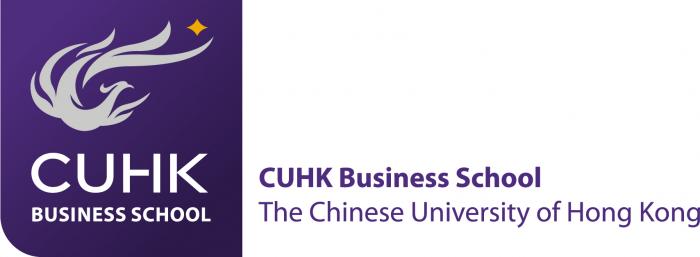- Home
- Kilas Global
- CUHK Business School Research Reveals Share Transfer Restriction in Family Trusts May Distort Firm Decisions
Rabu, 23 Oktober 2019 05:52:00
CUHK Business School Research Reveals Share Transfer Restriction in Family Trusts May Distort Firm Decisions

HONG KONG, - 22 October 2019 - Ownership structure plays a critical role in the incentives and behavior of business organizations.
The effects of firm ownership dispersion across managers and investors has been examined in past studies. Yet Prof. Joseph P. H. Fan, Professor of School of Accountancy and Department of Finance at The Chinese University of Hong Kong (CUHK) Business School has extended the literature by examining the roles of ownership structure within a controlling family.
His research "The impact of ownership transferability on family firm governance and performance: The case of family trusts" examined specifically on the family trust structure, which is commonly used among Fortune 500 family firms.
Companies controlled by family trusts or similar structures include The New York Times, department store chain Wal-Mart and global furniture retailer Ikea.
"Family trusts are typically established for inheritance tax avoidance, asset protection against undesirable events such as divorce, bankruptcy, taxation and hostile takeovers," says Prof. Fan. "The trust structure often locks controlling ownership within a family for a very long period."
In collaboration with Dr. Winnie S. C. Leung from the University of Hong Kong, the study focused on 216 distinct family firms listed on the Hong Kong Stock Exchange, including 72 firms using family trusts and 144 firms using direct ownership.
The data was collected over the period from 1990 to 2008, which included the 2006 abolition of inheritance tax in Hong Kong, which ended the tax advantage of family trusts. 84 of the firms were in manufacturing, 52 in finance, insurance and real estate and 44 in wholesale and retail.
The Cost of Family Disputes
Different from prior studies, which almost unanimously focus on conflicts between corporate insiders and outsiders, his study looked at the impacts of intra-family ownership structures and conflicts between family members on firm behaviors and performance.
For example, he found that the sibling structure of a family, in particular the age gap between the first and last sons of the founder, could be a source of conflicts.
"When the age gap is large, sons or daughters arguably have more diverse interests and very different ideologies for managing family issues. A large age distance also indicates high conflict potential," he says.
Prof. Fan says that founders of firms are not always able to correctly predict the consequences of adopting a family trust structure. In particular, they may underestimate the cost of keeping family harmony, or counteracting family disputes when a trust ties descendants up in the family business.
"The share transfer restriction may induce family members to shirk, making family conflicts difficult to resolve and distort company decisions," he says.
Prof. Fan cites a well-known case of Sun Hung Kai Properties, a leading property developer and the second largest business conglomerate in Hong Kong.
Its founder, Kwok Tak-seng, transferred controlling interest of the company into a family trust as part of his succession plan before he died in 1990. The trust was set up in Jersey with a 100-year rule and with his wife and three sons as the beneficiaries. The trust appointed the three sons to co-manage the family business. Unfortunately, the brothers were not able to stay in harmony after Kwok died.
The Lo family, the founding family of prominent property developer Great Eagle Group in Hong Kong, is another victim of family fighting in which family trust ownership is at the center of the dispute.
"There was hardly an exit from the family ownership structure because the family stakes were locked up in the trust."
"The trust actually prolonged the family infighting, and the corporate value of the business eroded substantially in the process," says Prof. Fan. (*).

CUHK Business School Research Reveals New Evidence of Conflicts of Interest among Financial Intermediaries and their Clients in China
HONG KONG, CHINA - RIAUONE.com - 2 December 2019 - China's 2005 reform of its dual-class share structure was said to have improved listed firms' corporate govern

CUHK Business School Research Reveals How Labour Power Shapes Corporate Payout Policy
HONG KONG, RIAUONE.com - 9 September 2019 - Research shows work forces trying to limit dividends are most successful in nations with broader collective bargaining and effective

CUHK Business School Reveals How Court Transparency in China is Biased by Politics and How the Bias Has Economic Consequences
HONG KONG, RIAUONE.com - 25 July 2019 - Researchers say the Chinese government has suppressed more than 60 percent of the judicial disclosures in litigation cases involving publ

CUHK Business School Reveals the Importance of Prospectus-based Disclosure in the Interpretation of IPO Pricing Outcomes
HONG KONG, CHINA, RIAUONE.com - 27 June 2019 - A research study by Paul B. McGuinness, Professor of Department of Finance at The Chinese University of Hong Kong (CUHK) Business











